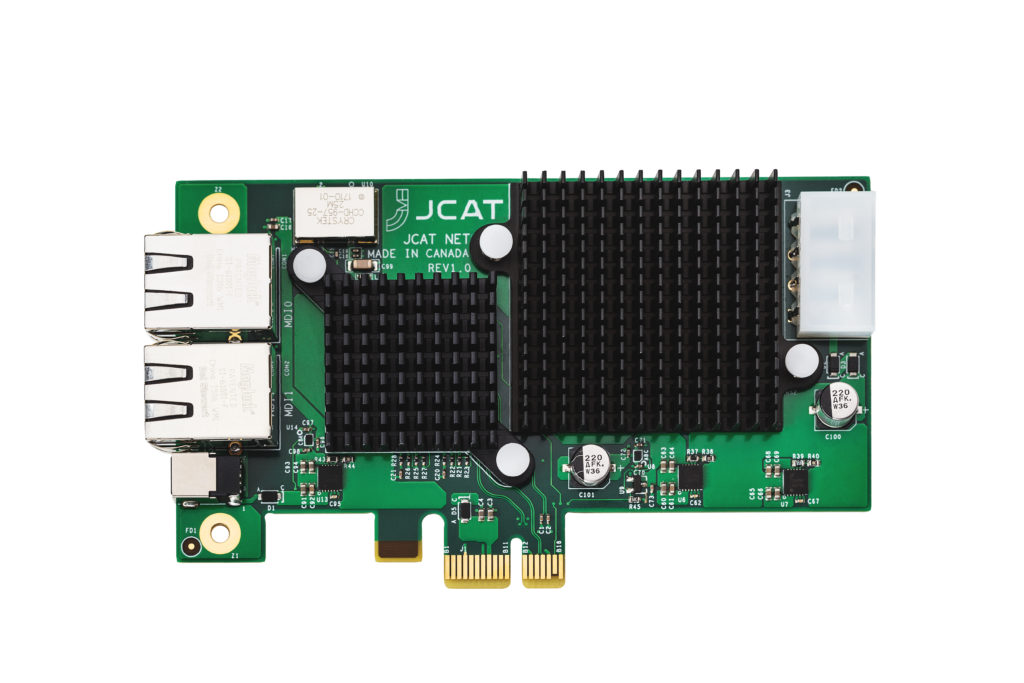"A revolution in audio rendering"
Oldie but goodie. Pretty funny how far people go to think they are hearing something better.
"...found that a function called memcpy was the culprit, most memory players use memcpy and this is one of the reasons why memory play sounds worse ie digital sounding. Fortunately there is an optimised version of memcpy from http://www.agner.org/optimize/, using this version removes the hard edge produced by memcpy. the other thing I did was to close the file after reading into the buffer."
Some quotes:
"Sounds awesome, the previous version had a slight tendency to defuse the treble, but with VS2012 compile it is a much more complete sound with absolutely no digital harshness, some 16/44 albums I could hardly play before without getting a headache are now rendered in their full glory."
"It's just lazyness on the part of the player developers that they rely on the old methods, I guess they think bits are bits."
"Goto also sounds better than anything else I have tried." - the "Goto" in the quote means a goto in C used to replace a loop.
"also most players use malloc to get memory while new is the c++ method and sounds better."
Oldie but goodie. Pretty funny how far people go to think they are hearing something better.
"...found that a function called memcpy was the culprit, most memory players use memcpy and this is one of the reasons why memory play sounds worse ie digital sounding. Fortunately there is an optimised version of memcpy from http://www.agner.org/optimize/, using this version removes the hard edge produced by memcpy. the other thing I did was to close the file after reading into the buffer."
Some quotes:
"Sounds awesome, the previous version had a slight tendency to defuse the treble, but with VS2012 compile it is a much more complete sound with absolutely no digital harshness, some 16/44 albums I could hardly play before without getting a headache are now rendered in their full glory."
"It's just lazyness on the part of the player developers that they rely on the old methods, I guess they think bits are bits."
"Goto also sounds better than anything else I have tried." - the "Goto" in the quote means a goto in C used to replace a loop.
"also most players use malloc to get memory while new is the c++ method and sounds better."

